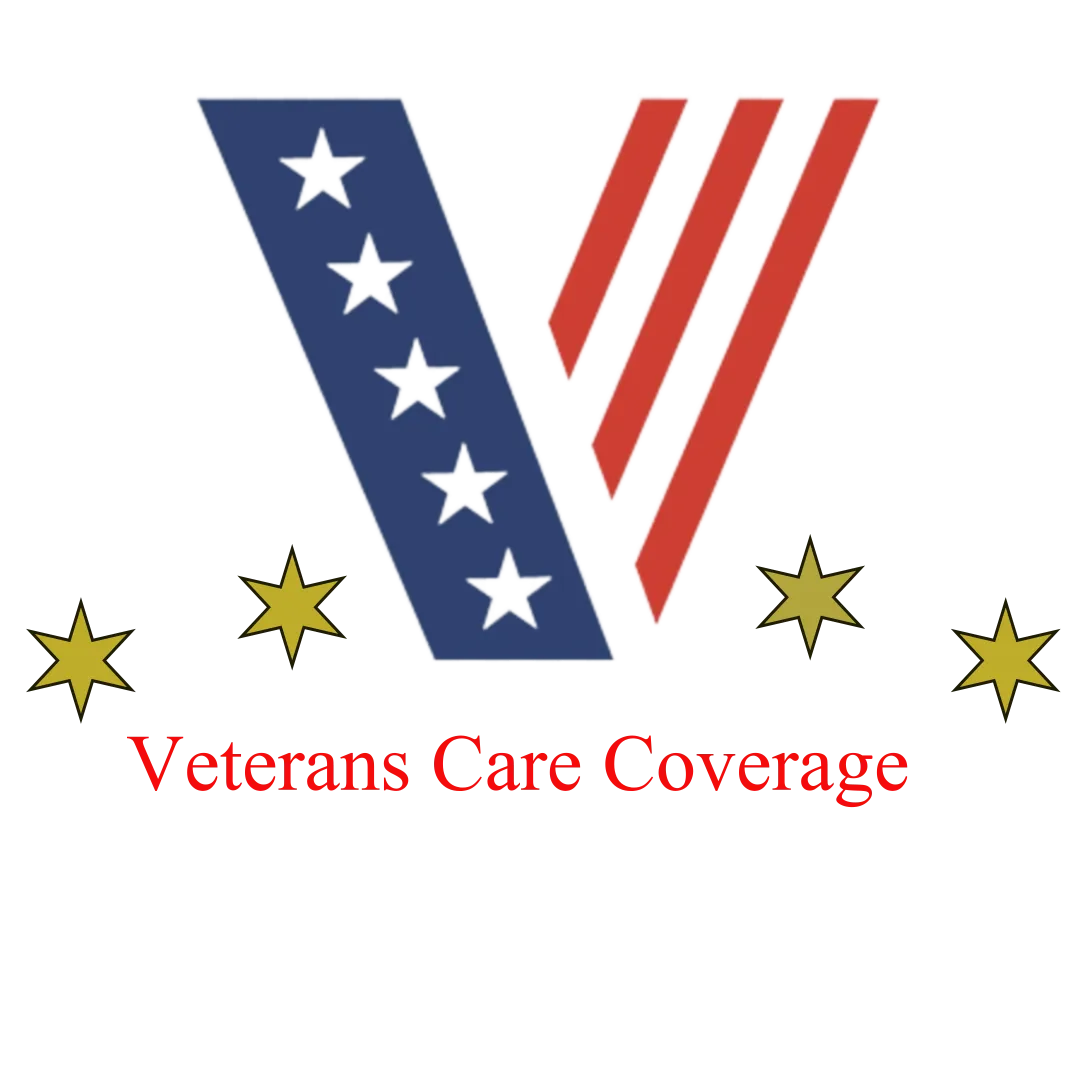Mon-Fri 9am-5pm EST
216.284.4723
veteranscarecoverage@gmail.com
Honoring Veterans: A Comprehensive Guide to Medicare Services
At Veterans Care Coverage, we are deeply committed to honoring and supporting our veterans. One crucial aspect of this commitment is ensuring that veterans have access to the healthcare services they need, including Medicare. In this guide, we'll explore the various Medicare services available to veterans and how they can take advantage of these benefits to receive the care they deserve.
Section 1: Understanding Medicare Basics
Medicare is a federal health insurance program primarily for people who are 65 or older. However, it also covers certain younger individuals with disabilities and those with End-Stage Renal Disease (ESRD). It consists of several parts:
1. Medicare Part A: Hospital Insurance
- Covers inpatient hospital stays, skilled nursing facility care, hospice care, and some home health care services.
2. Medicare Part B: Medical Insurance
- Covers doctor's services, outpatient care, preventive services, and medical supplies.
3. Medicare Part C: Medicare Advantage Plans

- Offered by private companies approved by Medicare, they provide all Part A and Part B benefits and may include additional benefits like prescription drug coverage and vision care.
4. Medicare Part D:
Prescription Drug Coverage
- Helps cover the cost of prescription drugs, offered through private insurance companies.
Section 2: Special Considerations for Veterans
Veterans may have access to additional healthcare benefits beyond what traditional Medicare offers. These benefits may include:
1. VA Healthcare: Veterans enrolled in VA healthcare programs can receive care through VA facilities, including hospitals, clinics, and long-term care facilities.
2. TRICARE for Life (TFL): For military retirees, TFL acts as secondary coverage to Medicare and provides coverage for services not covered by Medicare, including prescription drugs.
3. VA Benefits and Medicare: Veterans can use VA benefits along with Medicare to access a wider range of healthcare services, allowing them to receive care from both VA facilities and private providers.
Section 3: How to Enroll in Medicare
Enrolling in Medicare is a straightforward process, typically done through the Social Security Administration (SSA). For veterans, it's essential to understand how Medicare coordinates with VA benefits. Here are the key steps:
1. Determine eligibility: Veterans need to meet the eligibility criteria for Medicare based on age, disability, or ESRD.
2. Understand enrollment periods: Veterans may have specific enrollment periods for Medicare based on their circumstances, such as turning 65 or qualifying for disability benefits.
3. Coordinate with VA benefits: Veterans already receiving VA benefits should carefully consider how Medicare will complement their existing coverage. It's crucial to ensure that both Medicare and VA benefits work together seamlessly to provide comprehensive healthcare coverage.
Conclusion:
Medicare plays a vital role in ensuring that veterans receive the healthcare services they need as they age or face health challenges. By understanding the various Medicare options available and how they interact with VA benefits, veterans can make informed decisions to access high-quality care. At Veterans Care Coverage, we are here to support veterans every step of the way, providing guidance and assistance to navigate the complexities of healthcare coverage.

Contact Us
Mon-Fri 9am-7pm
216.284.4723
healthguardcoverage@gmail.com

Privacy Policy | Terms & Conditions | © Copyright 2022. Veterans Care Coverage. All rights reserved.
2022 All Rights Reserved.